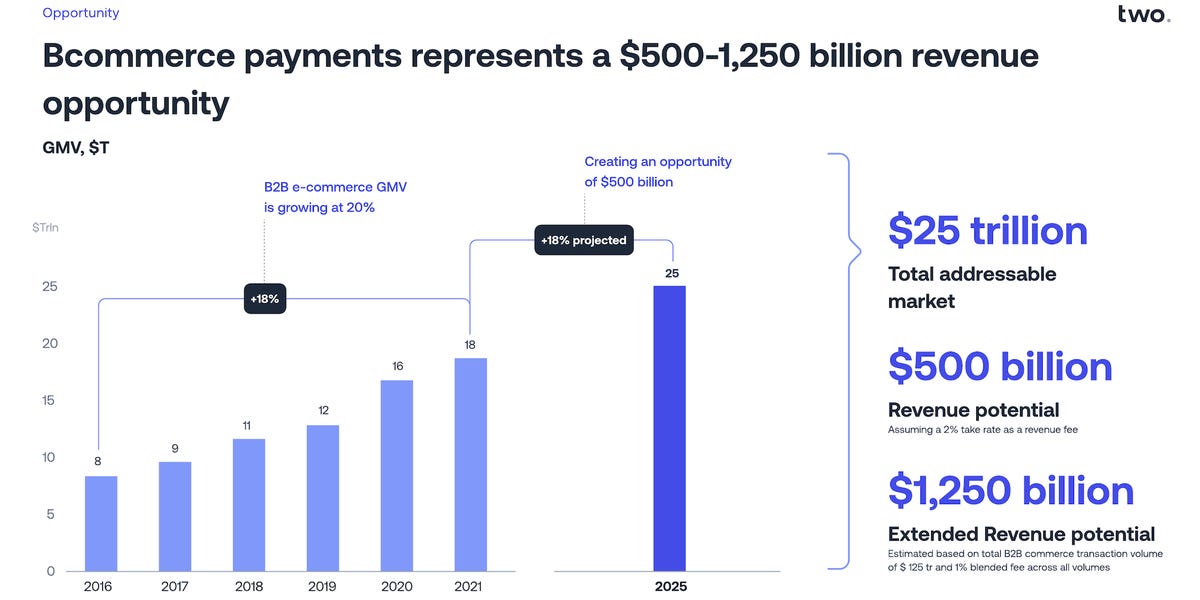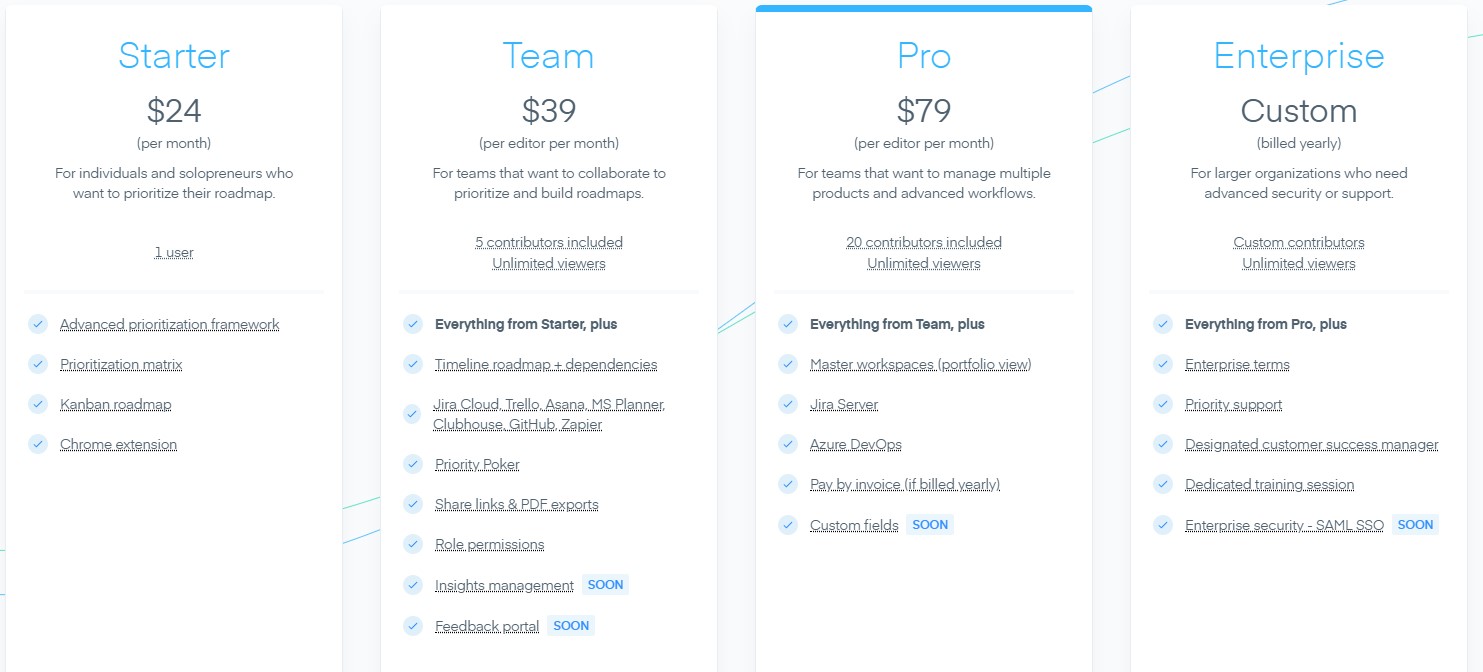Gibraltar's Brexit Future: Ongoing Negotiations And Unresolved Issues

Table of Contents
The Gibraltar-Spain Border: A Post-Brexit Headache
The Gibraltar-Spain border, once a relatively fluid crossing point, has become a focal point of contention since Brexit. Pre-Brexit, the border functioned smoothly, largely due to the free movement of people within the Schengen Area. However, Brexit removed Gibraltar from this area, creating new complexities. The UK, Spain, and Gibraltar have engaged in protracted negotiations to establish a new border regime, attempting to balance security concerns with the need to maintain the flow of people and goods.
The lack of a comprehensive agreement has led to increased border checks and potential delays, impacting cross-border workers and commuters significantly. The free movement of goods and services has also been disrupted, posing challenges for businesses on both sides of the border.
- Increased border checks and potential delays: Wait times have increased substantially, impacting tourism and trade.
- Impact on cross-border workers and commuters: Thousands rely on daily crossings, making delays a major concern for their livelihoods.
- Concerns about the free movement of goods and services: Restrictions on trade have negatively impacted businesses reliant on cross-border transactions.
- The role of Frontex and other EU border agencies: The involvement of EU agencies adds another layer of complexity to the border management process.
Economic Implications for Gibraltar Post-Brexit
Gibraltar's economy, heavily reliant on finance, tourism, and online gambling, has faced significant headwinds since Brexit. Losing access to the EU's single market has presented substantial challenges. While the UK government has pledged support, Gibraltar needs to explore alternative economic partnerships and strategies for diversification to mitigate these risks.
- Changes to trade agreements and tariffs: New trade barriers have emerged, impacting import and export costs.
- Impact on Gibraltar's financial services sector: Access to EU markets for financial services is crucial, and changes to regulations pose ongoing challenges.
- Potential for economic diversification: Gibraltar needs to explore new sectors to reduce dependence on traditional areas.
- The role of the UK in supporting Gibraltar's economy: The UK's financial and political support remains vital to Gibraltar’s economic stability.
Sovereignty and Self-Determination in the Brexit Context
Brexit has brought the issue of Gibraltar's sovereignty and self-determination to the forefront. Spain has long claimed sovereignty over Gibraltar, a position rejected by both the UK and the Gibraltarian people. The ongoing negotiations require careful consideration of Gibraltar's constitutional status and the right of its people to determine their future. This delicate balance presents a complex legal and political landscape.
- Gibraltar's constitutional status: Maintaining Gibraltar's status as a British Overseas Territory is paramount for the Gibraltarian people.
- The role of the Gibraltarian people in shaping their future: Their voice and self-determination are central to any successful negotiation.
- Potential scenarios for future governance: A range of outcomes are possible, each with significant implications for Gibraltar's political future.
- The impact of international law and treaties: International law plays a critical role in shaping the legal framework surrounding sovereignty.
Unresolved Issues and Future Negotiations
Several key issues remain unresolved regarding Gibraltar's post-Brexit future. The long-term impact on Gibraltar's relationship with the EU, uncertainties surrounding future access to EU funding, and outstanding disagreements between the UK, Spain, and Gibraltar itself create significant ongoing challenges. Further negotiations are essential to address these issues.
- Outstanding disagreements between the UK, Spain, and Gibraltar: Finding common ground on key issues remains a significant hurdle.
- Uncertainties surrounding future access to EU funding: Loss of EU funding could have severe consequences for Gibraltar’s economy.
- Long-term implications for Gibraltar's relationship with the EU: Maintaining some form of access to the EU market is vital for Gibraltar’s prosperity.
Conclusion: Gibraltar's Brexit Future: Looking Ahead
The future of Gibraltar remains uncertain. The post-Brexit landscape presents significant challenges, particularly regarding border arrangements, economic relations, and the ongoing debate surrounding sovereignty. The unresolved issues highlighted in this article underscore the complexity of Gibraltar's situation. Ongoing negotiations are crucial for finding solutions that respect Gibraltar's self-determination and ensure its economic prosperity. To stay updated on the evolving situation surrounding Gibraltar's Brexit future, we encourage you to seek further information from reputable sources such as the Gibraltar Government website and the UK Foreign, Commonwealth & Development Office. Understanding the complexities of Gibraltar's post-Brexit future requires continuous engagement and informed discussion.

Featured Posts
-
 Heatstroke Risk High In Delhi Government Issues Important Advisory
May 13, 2025
Heatstroke Risk High In Delhi Government Issues Important Advisory
May 13, 2025 -
 The Edan Alexander Situation Latest Developments In Gaza
May 13, 2025
The Edan Alexander Situation Latest Developments In Gaza
May 13, 2025 -
 Sabalenka Wins Miami Open Dominant Performance Against Pegula
May 13, 2025
Sabalenka Wins Miami Open Dominant Performance Against Pegula
May 13, 2025 -
 Resident Evil Afterlife Review A Critical Look At The Fourth Film
May 13, 2025
Resident Evil Afterlife Review A Critical Look At The Fourth Film
May 13, 2025 -
 Magas Gazsik Ueres Mozik Di Caprio Esete
May 13, 2025
Magas Gazsik Ueres Mozik Di Caprio Esete
May 13, 2025
Latest Posts
-
 B2 B Payments Innovator Pliant Raises 40 Million In Series B Financing
May 13, 2025
B2 B Payments Innovator Pliant Raises 40 Million In Series B Financing
May 13, 2025 -
 Kanika House The Delhi Bungalow Where Br Ambedkar Drafted Parts Of The Indian Constitution
May 13, 2025
Kanika House The Delhi Bungalow Where Br Ambedkar Drafted Parts Of The Indian Constitution
May 13, 2025 -
 Pliant Secures 40 M In Series B Funding To Revolutionize B2 B Payments
May 13, 2025
Pliant Secures 40 M In Series B Funding To Revolutionize B2 B Payments
May 13, 2025 -
 Analyzing The Potential Impact Of Resumed Trump Tariffs On Europe
May 13, 2025
Analyzing The Potential Impact Of Resumed Trump Tariffs On Europe
May 13, 2025 -
 Lucid Software And Airfocus Merge Enhanced Features And Integrations
May 13, 2025
Lucid Software And Airfocus Merge Enhanced Features And Integrations
May 13, 2025
